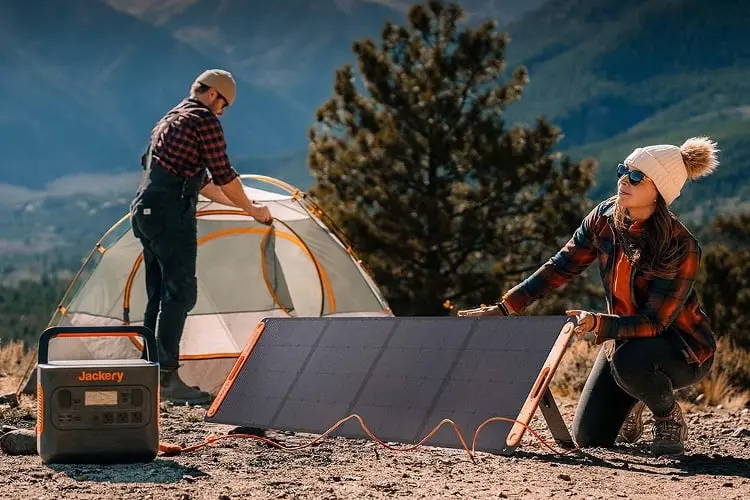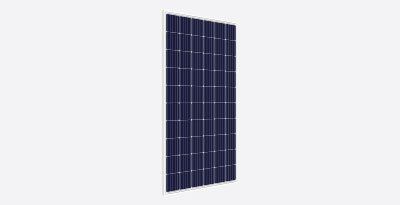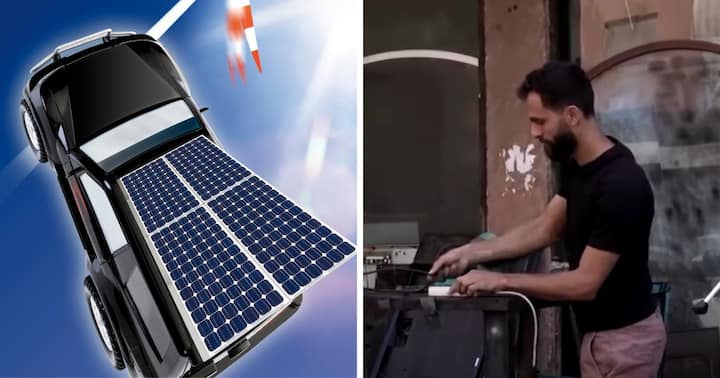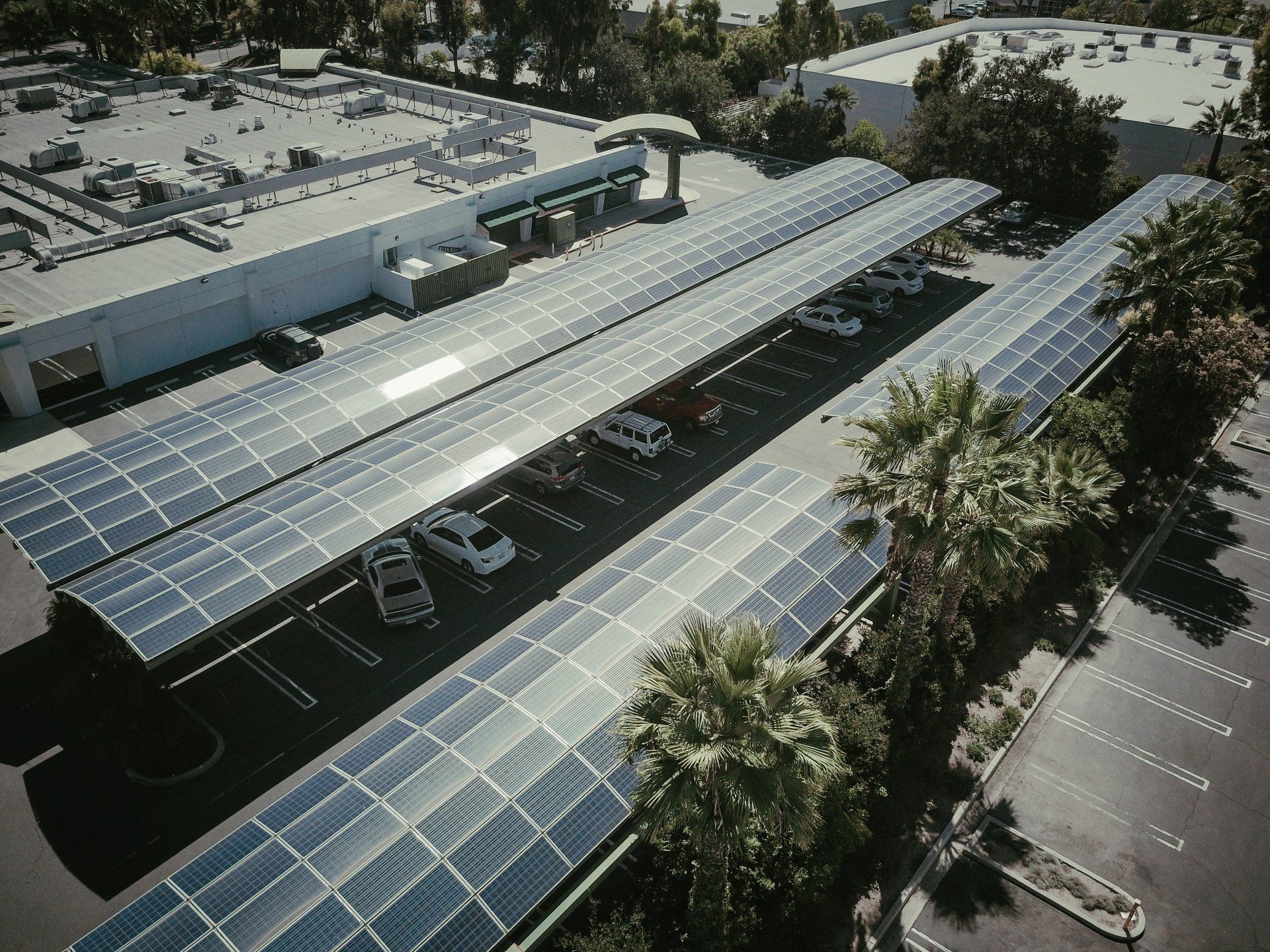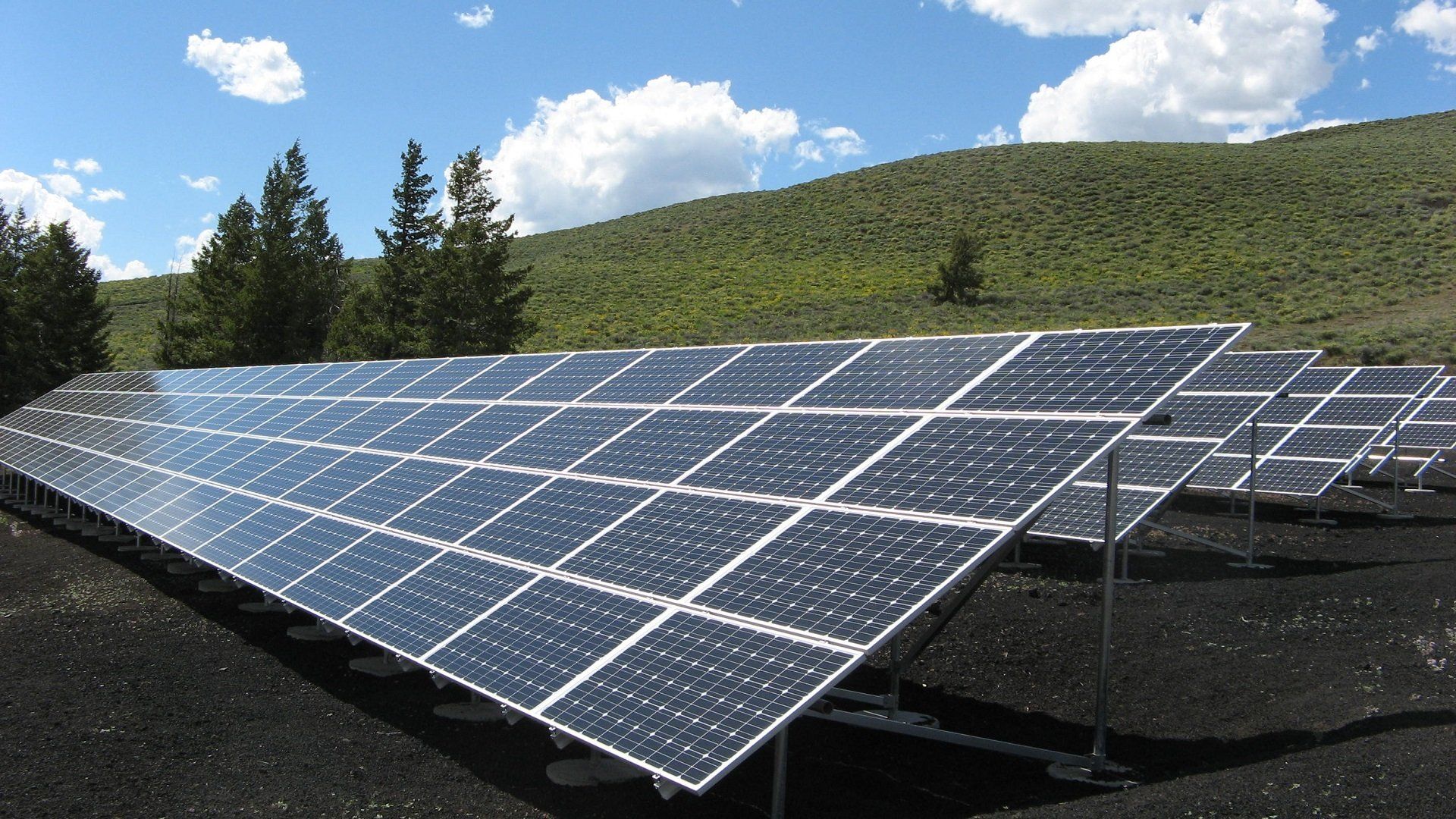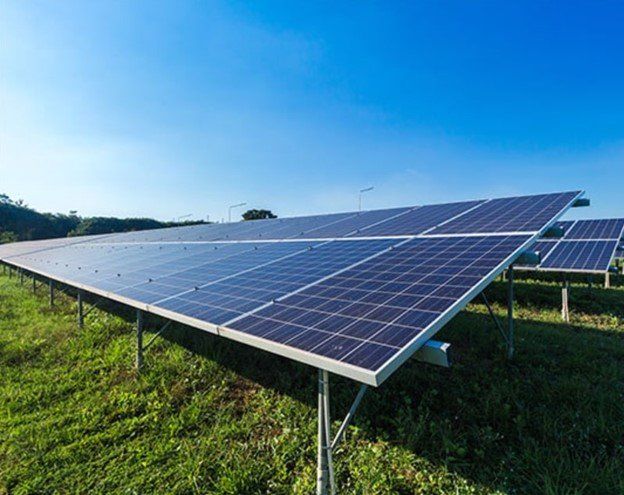Blog
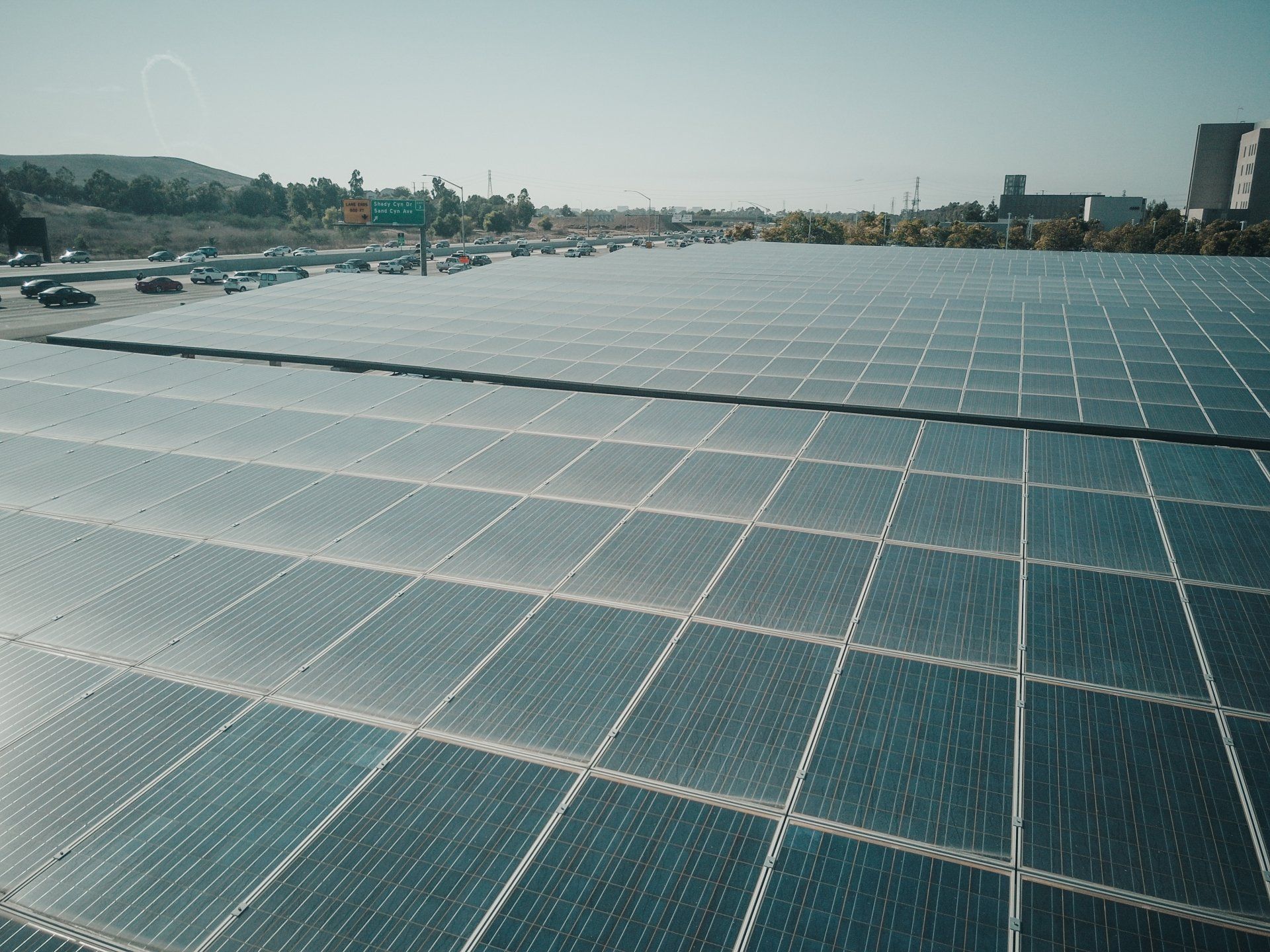
President Joe Biden will extend a set of tariffs on imported solar energy products first enacted during the Trump Administration, but will double the number of solar cells allowed to enter the country duty-free, a move meant as a middle ground between driving the country toward Biden’s energy goals and supporting U.S. manufacturers.
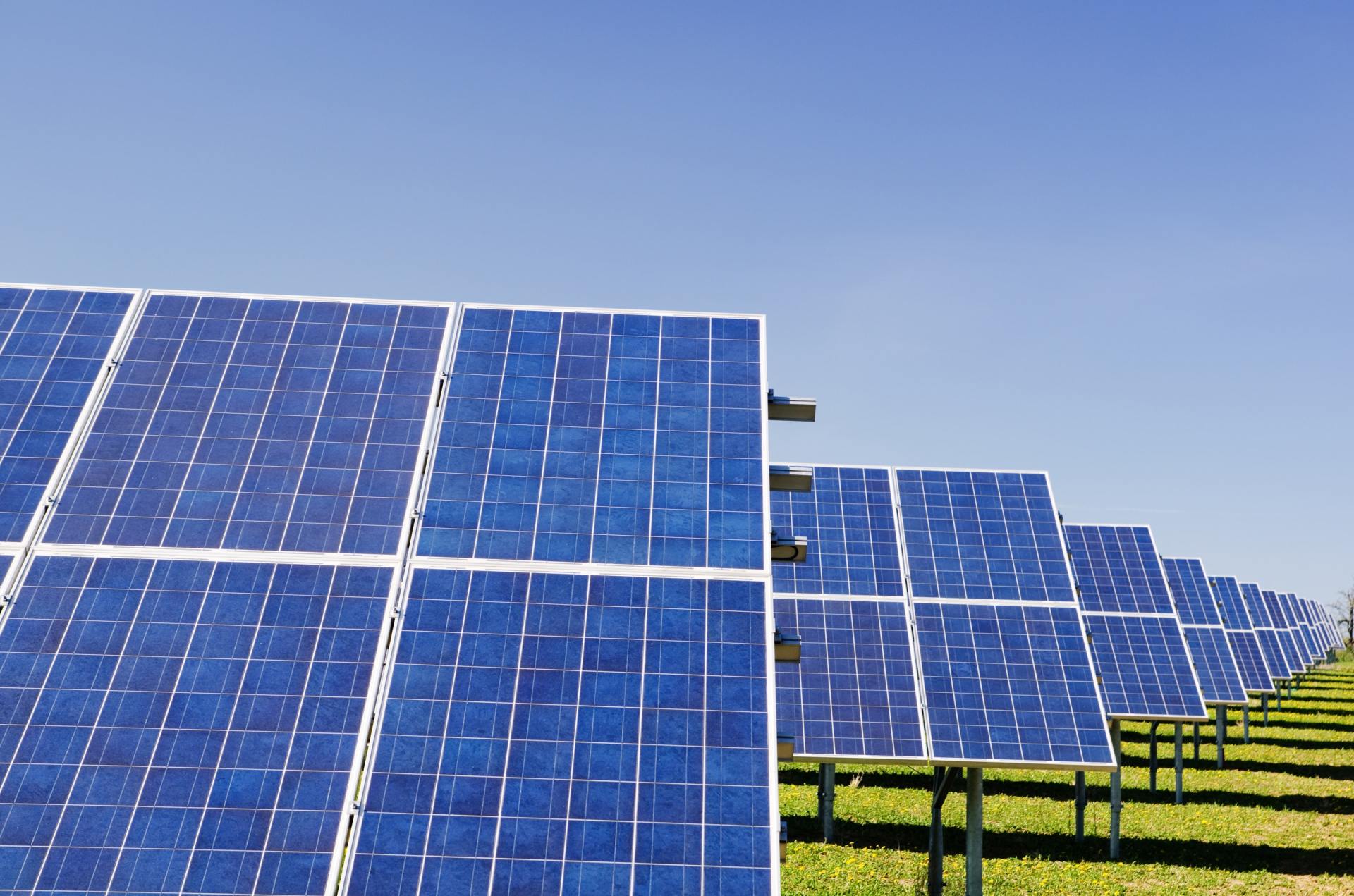
When deciding to install a solar energy system in your home, it’s important to choose whether it will be on-grid or off-grid . This decision has a huge impact on the components, cost, and ease of installation. That’s why you should pick the system that best fits your needs. Differences: An on-grid solar energy system connects to the grid of a utility company, allowing your solar panels to send electricity to the company when the panels generate more electricity than you need. Your own system can also borrow power from the utility company if you’re using more electricity than you’re generating. An off-grid solar power system, however, is completely separate from that of a utility company. You’re responsible for installing batteries and backup generators to deal with situations where there’s too much or too little power. Components: An on-grid solar power system typically requires far less components than an off-grid one. This is because connecting your personal grid to that of a utility company’s grid allows you to make use of the components they already have. So there’s less electrical work for you to do when setting up your system at the beginning. With an off-grid solar power system, you’re responsible for everything. You’ll have to get extra components like batteries – which are not always environmentally friendly –, backup generators, and other components in order to get your system up and running. This typically requires more expertise, as the different parts must be compatible with one another. Price: Because on-grid power systems have less components, they’re often cheaper to set up. You can also save some money on your power bill by sending excess energy to the utility company – often called net metering. Yet some utility companies do not allow net metering, or do not give enough credit, so the amount saved can differ based on the utility company you connect to. In contrast, an off-grid solar power system has a higher startup cost. This is because getting extra components can be expensive. Maintaining all of these parts can also be costly in the long-run, as there are many more things to repair and replace if they get damaged. Reliability: While off-grid solar power systems are more expensive and have more components to worry about, many prefer them because of their reliability. Because you have your own personal power grid, you’re immune from any grid failures that can affect the utility company. This can be a massive advantage for those living in an area where power frequently goes down, or which lacks proper infrastructure. On the other hand, an on-grid solar power system will fail if the electrical company’s grid fails. This is done intentionally to prevent your solar panels from delivering electricity that could harm the utility company’s workers as they try to fix the issue. So if you’re dealing with constant power outages, switching to an on-grid solar power system will not help you. Paperwork: Another benefit of off-grid solar power systems is that they require less paperwork to get started. You’re building your own grid that does not affect others, so there are far fewer restrictions and the process is typically much easier. This isn’t the case with on-grid solar power systems. You’ll often have to prepare several documents such as a No Objection Certificate (NOC), as well documents on the maintenance and operation of your system. This is all to ensure the utility company that you are using appropriate and safe components that will not harm anyone or damage the company’s infrastructure. Hybrid Solar Energy System: Both on-grid and off-grid solar power systems have their unique advantages, which is why some people prefer to get the best of both worlds with a hybrid solar power system . This type of system has both batteries and a connection to a utility company’s grid. The clear advantages are that you can transfer electricity to or from the utility company to gain credits that reduce your monthly bill, or which can provide you with extra power when your solar panels aren’t enough – much like on-grid energy systems. You can also have the reliability that comes with off-grid energy systems, as your batteries can provide electricity if the grid fails. You’ll also often install components that prevent a utility company’s shutdown from affecting your own personal power system. Unfortunately, having the benefits of both on-grid and off-grid solar power systems means that you’ll have to accept some disadvantages that come with these energy systems. You’ll have to deal with the high cost of installing extra components, like in off-grid systems. You’ll also have to deal with the extra paperwork that comes with adding your power system to the utility company’s grid. Contact Us: If you aren’t sure whether solar power is for you, you can learn more by reading our comparison of solar power and fossil fuels . You can also learn more about on-grid, off-grid, and hybrid solar power systems by contacting us at info@ahme.ae . We can also assist you by installing these systems, so don’t hesitate to contact us.
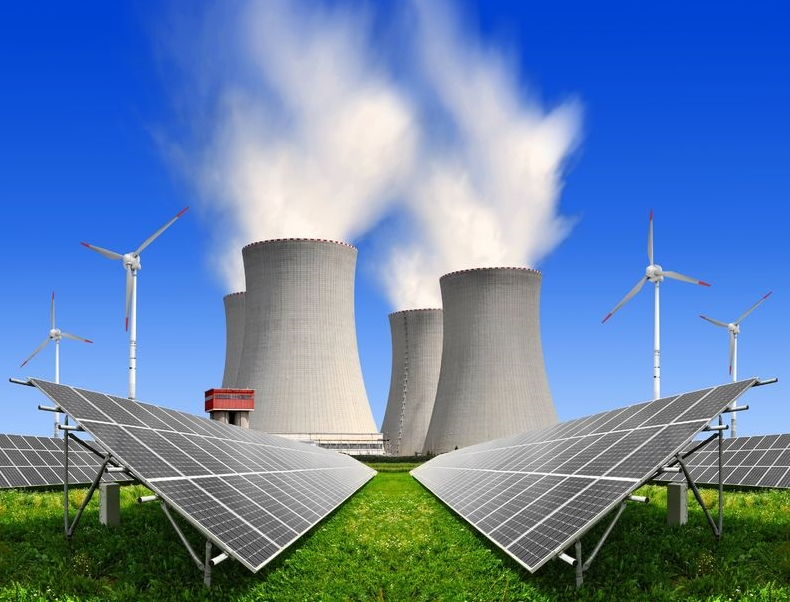
On one side we have a modern source of renewable energy in the form of solar power. It’s able to produce electricity through solar panels that convert light into useable electricity, without polluting the environment. On the other end we have fossil fuels which have been used for centuries, but which are slowly being depleted as coal, oil, and natural gas reserves are beginning to run dry. These nonrenewable energy sources are known for the pollution they cause, but most countries around the world still rely on them for their energy needs. Cost: A lot of people believe that solar energy is more expensive than fossil fuel, especially since there’s a high cost for installing solar panels and they produce less energy compared to fossil fuels. While this was true many years ago, solar energy is now much cheaper than fossil fuels in the long run. This change in price is thanks to the years of innovation and progress in solar panels and related technology, making them far more efficient and easier to produce. Solar energy still has a higher initial cost than fossil fuels, but the price per kilowatt-hour (KWH) is now much less than for coal and other nonrenewable energy sources. In fact, the UAE is the first country in the world to sell solar power at under 0.03 $/KWH, which was reported by the country’s own Khalifa University . Compared to solar power, fossil fuels are much more expensive in the long run. With the average price being 0.04 to 0.06 $/KWH. Yet because people have been relying on fossil fuels for centuries, many countries already have the infrastructure in place, so the initial cost is less than that of solar power. Environment: The main reason people are interested in transitioning to solar power is because it is better for the environment. Solar power completely relies on sunlight , so there’s no need to drill or mine for the energy. Sunlight is also clean and has no carbon emissions, meaning using solar power would help people fight climate change. However, that’s not to say that solar power is 100% clean. There is a bit of pollution involved in manufacturing solar panels and transporting them to where they need to go. Yet this is nothing compared to the damage caused by fossil fuels. As most people are aware, using fossil fuels releases a lot of carbon into the air. This leads to climate change and global warming, which is devastating if it continues at this rate. Extracting fossil fuels is also bad for the environment, as it involves fracking, drilling, and mining. All of these destroy the homes of nearby animals, and it destabilizes the surrounding soil which leads to erosion. That means soil can fall into nearby bodies of water, contaminating and killing any fish in them. That’s not even mentioning the environmental disasters — such as oil spills — that can happen when refining or transporting fossil fuels. Reliability One reason people still opt to use fossil fuels is because solar power isn’t as reliable. Not all places in the world have constant access to sunlight, and the amount of light available changes throughout the year. This unreliability contrasts with fossil fuels who don’t depend on the sun, and which can readily be used at any time once they’ve been extracted. That said, solar power is becoming much more reliable as the technology improves. Batteries can hold more energy to make up for the times when there is a dip in available sunlight. It’s also important to mention that sunlight is consistent and reliable in countries like the UAE and Saudi Arabia, meaning solar power is reliable in certain places. Future: Though it’s important to compare solar power and fossil fuels, it’s not a fair comparison. Fossil fuels have been in use for centuries. People and corporations have had a long time to refine and perfect the techniques and technology associated with these nonrenewable energy sources. Meaning they’re currently used at their peak efficiency. By comparison, solar power is a very new phenomenon. It’s only become big in the past decade or two, meaning there’s still a lot of room for the technology to grow and improve, which is something we see every day. Unlike fossil fuels which are becoming harder to find and more expensive to extract, solar power is becoming cheaper and more efficient than ever. Solar panels themselves are constantly undergoing innovative changes with new materials that can harness more energy from the sun, and the attached batteries are also getting better. Best of all, solar power is here to stay as the sun will be around for billions of years. So, while solar power is already cheaper and cleaner than fossil fuel, the gap will only increase with time as experts improve and perfect the technology.
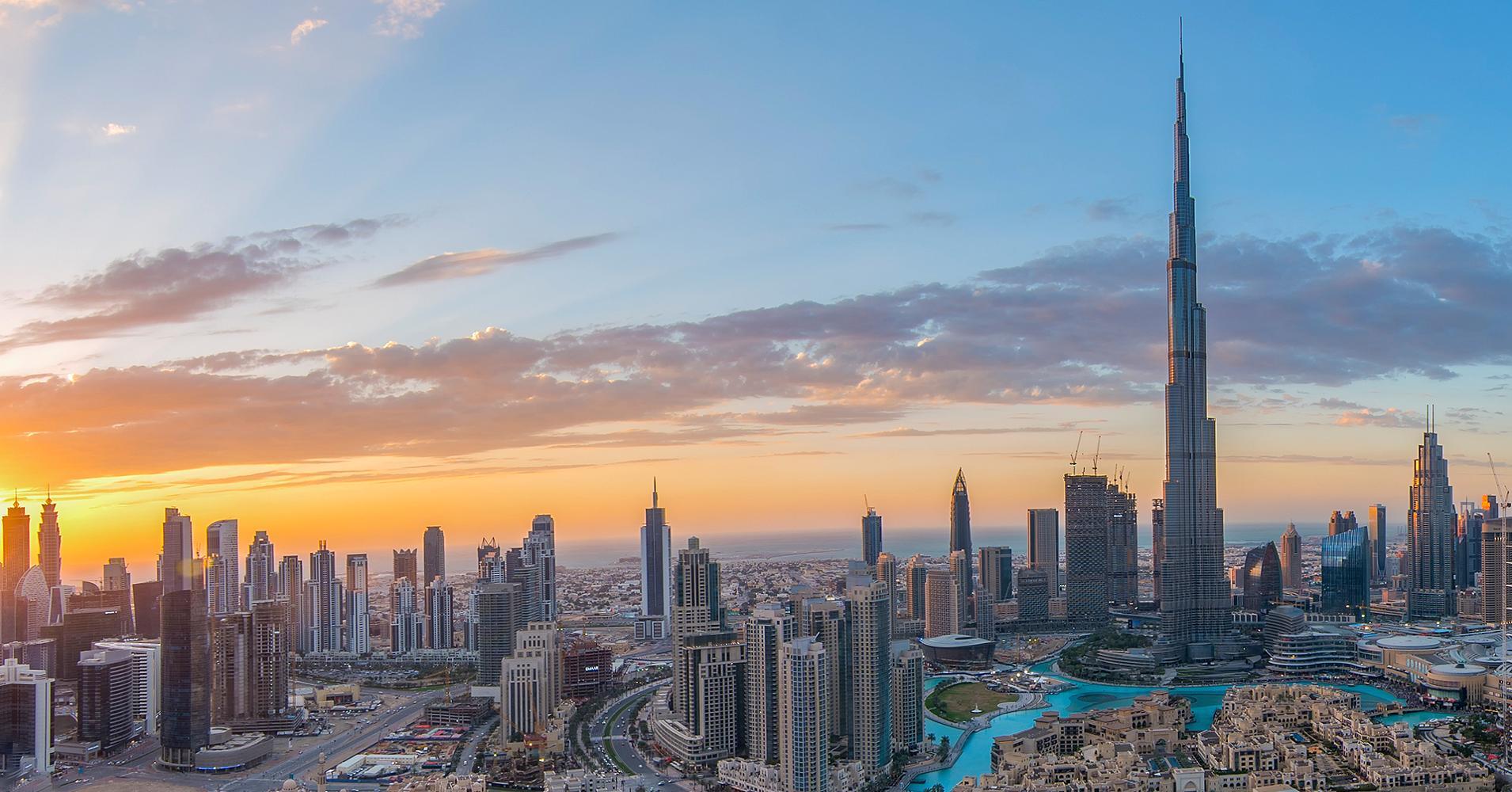
A lot of people see the day-to-day value of home automation and consider smart devices a way of making their lives more convenient. Yet what many don’t realize is that installing smart features in your home can be an excellent investment that will drive up the house’s value. That’s why home automation can be carefully used to make your property more valuable, especially if you plan to sell or lease it in the future. Security One reason smart homes are more valuable is because of the security they offer. Devices like smart locks — which keep doors locked until you approach it with an authorized smartphone — can keep your home safe without you having to lock your doors each time you go out. Smart cameras and motion detectors can connect with your phone, allowing you to keep track of your home while you’re away. Other safety devices like smoke detectors can be made more intelligent to locate the exact source of the smoke and fire, as well as informing the fire department who can immediately come and solve the issue. For all these reasons and more, smart homes offer a lot more security. This appeals to many, as 75% of people consider security their number one priority when looking to buy or rent a house. That’s why many are eager to spend a little more to get the extra security, which will increase your house’s value. Cost Saving The cost saving nature of home automation can also drastically increase the value of a home. Features like smart lighting ensure lights only remain on if they’re being used. These will automatically turn off when the person is out of a room, ensuring electricity isn’t wasted. Smart sprinklers are also beneficial in homes with gardens. These are designed to water your plants effectively, reducing the amount of wasted water. Smart thermostats are another important item. They improve temperature control and ensure air conditioning and heating is only used when necessary. This way they deliver the right temperature while reducing your heating bills. These devices appeal to a lot of people, as they drastically reduce the home’s monthly utility bills. That’s why people are willing to pay more to buy or rent homes with these cost saving devices, as they realize the long-term benefits of home automation. Having these devices is also a bonus for environmentally conscious people, as this type of automation reduces waste and helps preserve the environment. Making environmentally concerned individuals eager to purchase such a home. Convenience Home automation also offers a lot of convenience. Smart devices like Amazon Echo, Apple’s Siri, Google Assistant, and others can connect to a whole host of devices. This allows you to control almost anything in your home through a simple voice command. This pairs excellently with other items like smart shutters, as you can set these to automatically open and close at a certain time of day or if there is a certain amount of sunlight. It also works well with the aforementioned devices like sprinklers, thermostats, and lights. All of this allows you to control much more of your home without the need to get up. Not only is this appealing to younger generations who highly value convenience, but it’s also great for the elderly or disabled who can use these devices to gain a lot more autonomy at home. All of which helps increase the value of these properties. Contact Us If you’re eager to learn more about how home automation increases your house’s value or would like to start installing these devices, you should contact us at info@ahme.ae .

